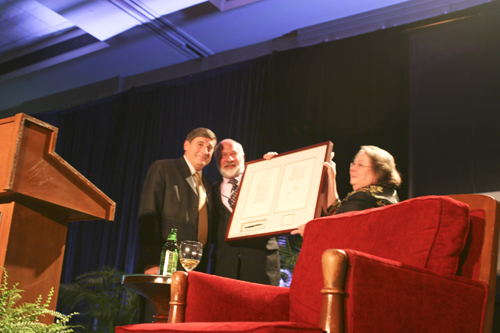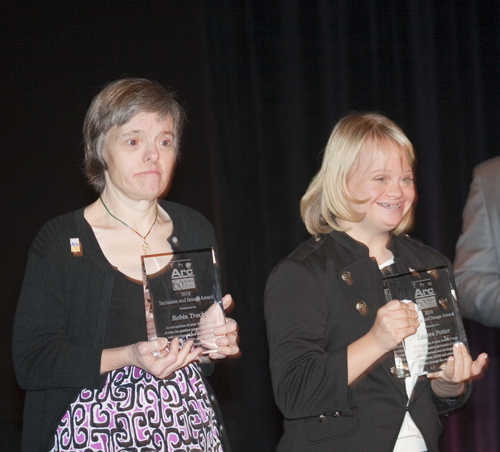When the White House Calls…
 Whitehouse.gov asked us to give you a heads up on a series of teleconference you might find interesting or useful. When the White House calls…we answer – so here’s your heads up.
Whitehouse.gov asked us to give you a heads up on a series of teleconference you might find interesting or useful. When the White House calls…we answer – so here’s your heads up.
Starting this Friday, December 3, the White House will begin hosting monthly teleconferences with updates on various disability issues. Also, these calls will be an opportunity for the Obama Administration to introduce people who work on disability policy in the federal government. We’d love to get comments from any of you who join in on the calls to find out what the hot button topics are and if they address concerns that are important to you.
Just for fun, you might also check out whitehouse.gov to see what’s going on. There is a treasure trove of information about the administration, our government and current issues ranging from civil rights to education to healthcare. You can tune into presidential addresses and even follow the Presidential blog, which recently posted an informative analysis on Medicare from the Wall Street Journal.
Call Information
Dial into the teleconference Friday, December 3 at 11:00 a.m. Eastern
(800) 230-1092
Title: Disability Call (use instead of code)
For live captioning, at time of call, log this website.











